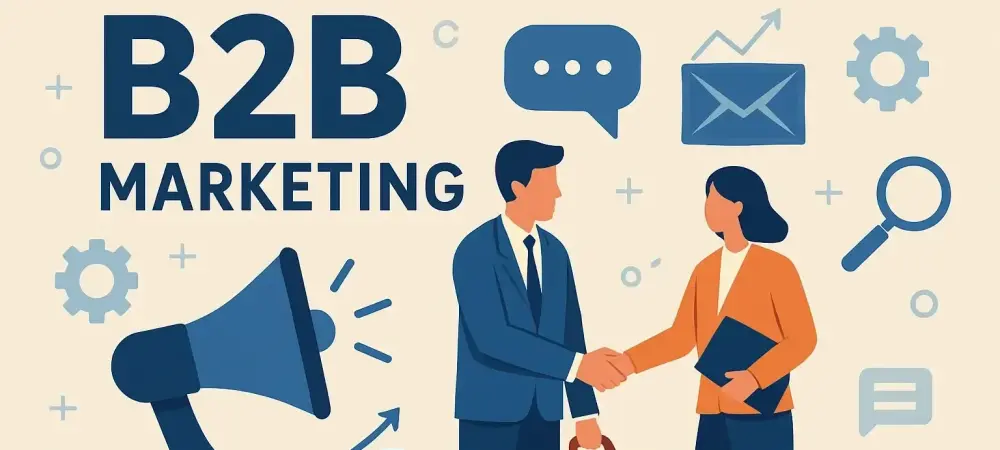Can humor hold the key to revolutionizing B2B marketing? This question has been swimming under the radar for quite some time, as the very notion seems counterintuitive to traditional norms of professionalism. Yet, a surprising shift reveals humor’s effective role in sectors once deemed strictly serious, urging a reconsideration of its strategic potential.
The Serious Business of Humor
Historically, B2B marketing has favored straightforward approaches over light-hearted ones, viewing humor as potentially undermining the professionalism required in business contexts. However, this perception is rapidly changing as brands realize the need to break from conventional molds. Present industry trends indicate significant clutter, pressing brands to seek innovative ways to connect, engage, and stand out in a competitive marketplace. As a result, infusing humor into strategic narratives emerges as a promising solution.
Humor as a Strategic Advantage
Humor has the remarkable ability to create enduring bonds with target audiences. Consider a case study of an accounting firm that launched a humorous marketing campaign. It ran a comedic video series portraying a fictional and quirky accounting team, filled with insider jokes relevant to that industry. This clever initiative entertained and engaged its viewers, enhancing brand recognition and loyalty. Such outcomes highlight humor’s power to craft captivating content that resonates deeply with an audience.
Insights from Marketing Experts
Marketing visionaries such as Ellie Victor shed light on humor’s impact within B2B spaces. Victor recounts stories from her experience, like the memorable connection with a long-standing client who vividly recalls how humor-infused campaigns stood out over a decade ago. These anecdotes exemplify humor’s potential to engrave lasting impressions that transcend conventional marketing methods.
Crafting Humor for Industry Success
Integrating humor into B2B strategies requires precision and insight. Marketers should begin by assessing industry-specific terminology ripe for smart reinterpretation, converting complex jargon into accessible and entertaining content. Engaging with insider knowledge unique to a professional community helps forge connections, turning humor into a tool for rapport-building. Utilizing humor with tact and creativity can lead to trust and long-term loyalty.
In conclusion, humor, once underestimated, presents an unexpected ally in B2B marketing strategies. Brands that embraced humor discovered unparalleled pathways to engage and differentiate in a cluttered market. Today, organizations have the opportunity to explore humor as an integral marketing element—offering creative, empathetic insights for impactful audience relationships. This trailblazing approach brought renewed attention to human elements in business, suggesting humor’s strategic value may continue to gain momentum.

